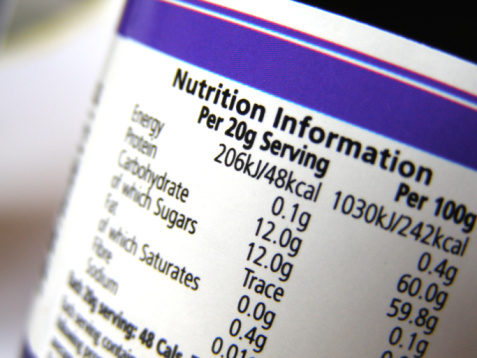Washington, D.C. — Several groups and organizations, including the Council for Responsible Nutrition (CRN) and Natural Products Association (NPA) are challenging legal action made by the FTC against marketing for Bayer Healthcare’s Phillips’ Colon Health probiotic supplement.According to the government, Bayer has expressly claimed that Phillips’ Colon Health can “defend against” occasional constipation, diarrhea, and gas and bloating performance, as well as made several implicit claims that it can treat or cure these properties. This is in violation of a 2007 court order forbidding Bayer from making claims about any dietary supplement, multivitamin or weight-control product without what it defines as “competent and reliable scientific evidence.”
Much of the criticism surrounding this motion stems from the standard that stands to be established. In an “friend of the court” or amicus brief submitted by CRN, the Council remarks that the allegations made by the government “are a significant departure from the current well-established, consistent and flexible federal regulatory regime upon which the entire dietary supplement industry has long relied.” The brief states that should this come to pass, supplement companies may be unwilling to make claims that could be beneficial and helpful for consumers out of confusion and fear regarding legal action.
In addition to the consequences, there is also criticism being lobbied towards how the government came to the conclusion that legal action was necessary. In a statement from the NPA, it was said that the claims made by Bayer “are sufficiently qualified and limited in scope to declaim any implied disease origins as structure/function claims permitted under the Jan. 6, 2000 Structure/Function Final Rule, which was written exclusively for dietary supplements.” According to the government, randomized, controlled, clinical trial studies for all probiotic strains are required, but the NPA argues back that substantiation can be determined in other ways, and that this standard is consistent for what is required of drugs, not of dietary supplements. NPA CEO Dan Fabricant urged the courts to consider their stance in a statement, stating that this stands not only to harm manufacturers of dietary supplements, but retailers and consumers as well.
Published in WholeFoods Magazine, December 2014, (online 10/13/14)











